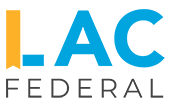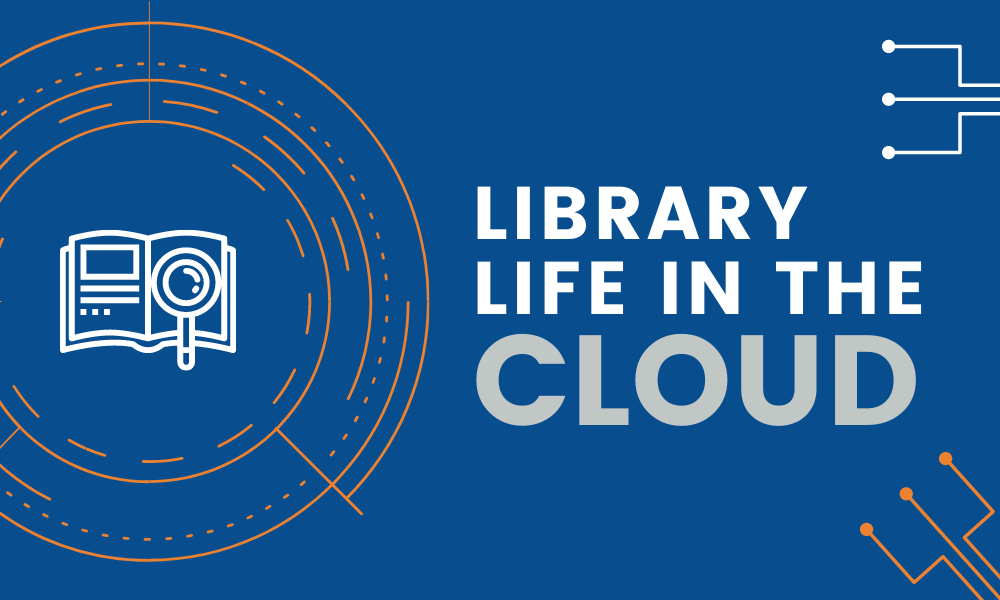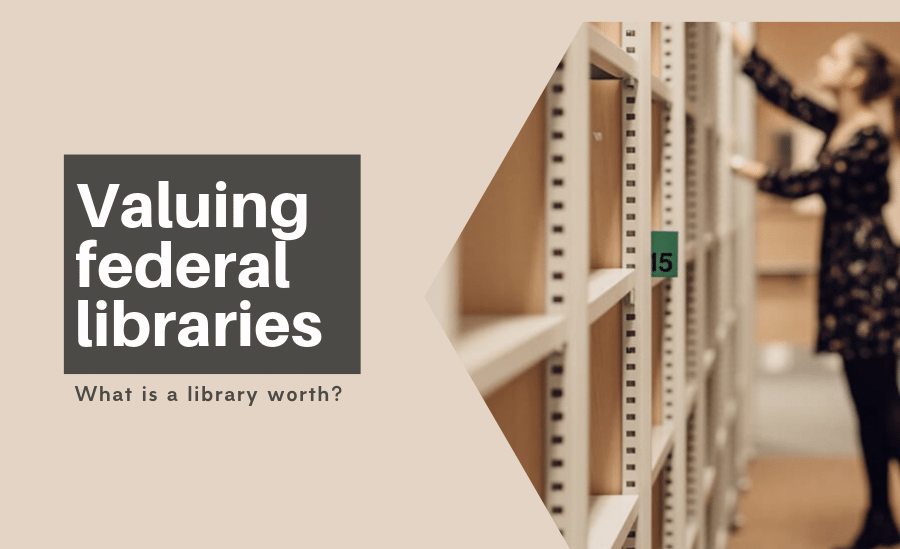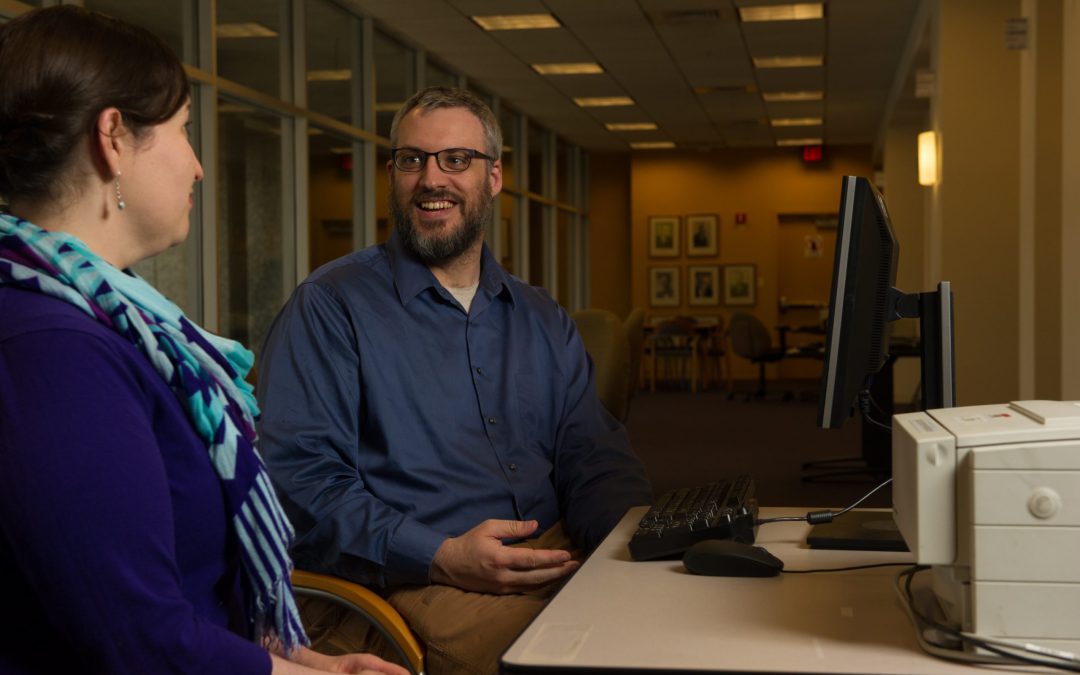On Friday February 8th, LAC Federal sponsored and presented at Catholic University’s Bridging the Spectrum Symposium for the fourth consecutive year. We’re always proud to support this day-long conference for working professionals and students to share their knowledge from across the spectrum of information services. I’ve watched it steadily grow over the years, evolving from a respected regional conference, to one with national draw and turnout. It’s encouraging to see more conferences put topics that were once considered to be on the outer edges of library work, front and center. For example, Bridging the Spectrum’s morning sessions dove into artificial intelligence, makerspaces, knowledge management and website usability testing. BIBFRAME and the new RDA were also topics of interest, as the cataloging community continues to adapt its practices to support linked open data. This is a meaningful shift which will allow libraries all over the world to make their resources more accessible in the digital world. For more insight on linked open data, check out this article by LAC employee, Audrey McKay.
Kudos to Catholic University for pulling this conference together every year and for being a champion of the LIS profession.



